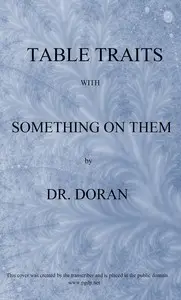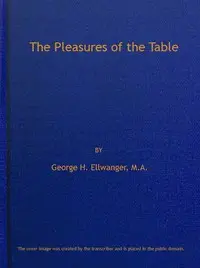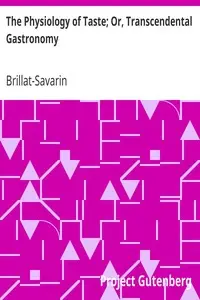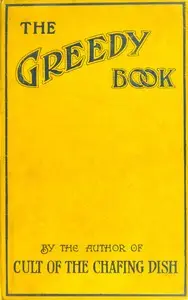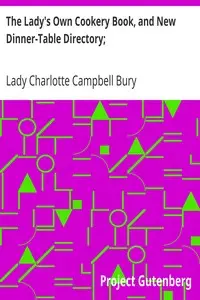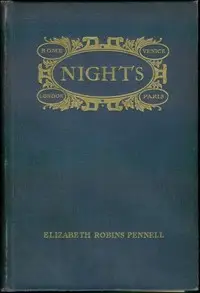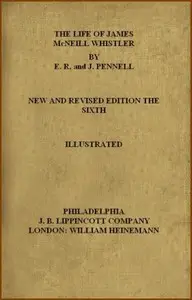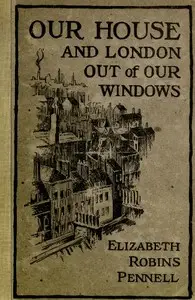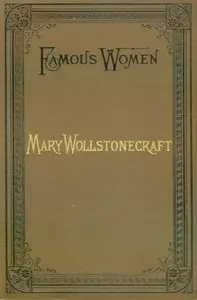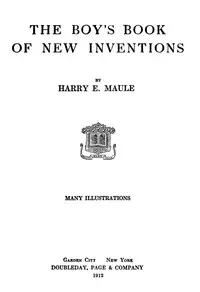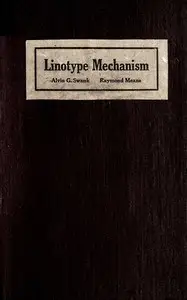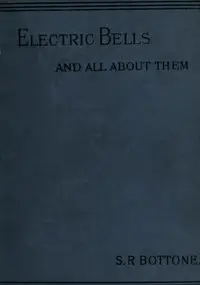"The Feasts of Autolycus: The Diary of a Greedy Woman" by Elizabeth Robins Pennell, presents a series of essays from the late 1800s celebrating food and eating. This book isn't just about recipes; it's a thoughtful exploration of food as an art form, told from a woman's point of view. The author challenges old ideas about overeating, arguing that enjoying food is something to be celebrated. She aims to inspire women to value cooking and dining as creative pursuits. Through her own thoughts on the importance of good food to life and well-being, the author questions traditional roles in the kitchen and sets a tone of excitement that carries through her descriptions of various dishes.
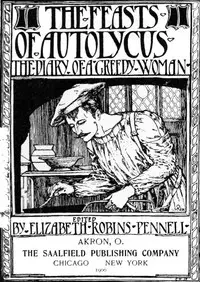
The Feasts of Autolycus: The Diary of a Greedy Woman
By Elizabeth Robins Pennell
Embark on a journey through the eyes of a woman who defies convention and boldly proclaims the joys of gastronomy as an art form.
Summary
About the AuthorElizabeth Robins Pennell was an American writer who, for most of her adult life, made her home in London. A researcher summed her up in a work published in 2000 as "an adventurous, accomplished, self-assured, well-known columnist, biographer, cookbook collector, and art critic"; in addition, she wrote travelogues, mainly of European cycling voyages, and memoirs, centred on her London salon. Her biographies included the first in almost a century of the proto-feminist Mary Wollstonecraft, one of her uncle the folklorist Charles Godfrey Leland, and one of her friend the painter Whistler. In recent years, her art criticism has come under scrutiny, and her food criticism has been reprinted.
Elizabeth Robins Pennell was an American writer who, for most of her adult life, made her home in London. A researcher summed her up in a work published in 2000 as "an adventurous, accomplished, self-assured, well-known columnist, biographer, cookbook collector, and art critic"; in addition, she wrote travelogues, mainly of European cycling voyages, and memoirs, centred on her London salon. Her biographies included the first in almost a century of the proto-feminist Mary Wollstonecraft, one of her uncle the folklorist Charles Godfrey Leland, and one of her friend the painter Whistler. In recent years, her art criticism has come under scrutiny, and her food criticism has been reprinted.


